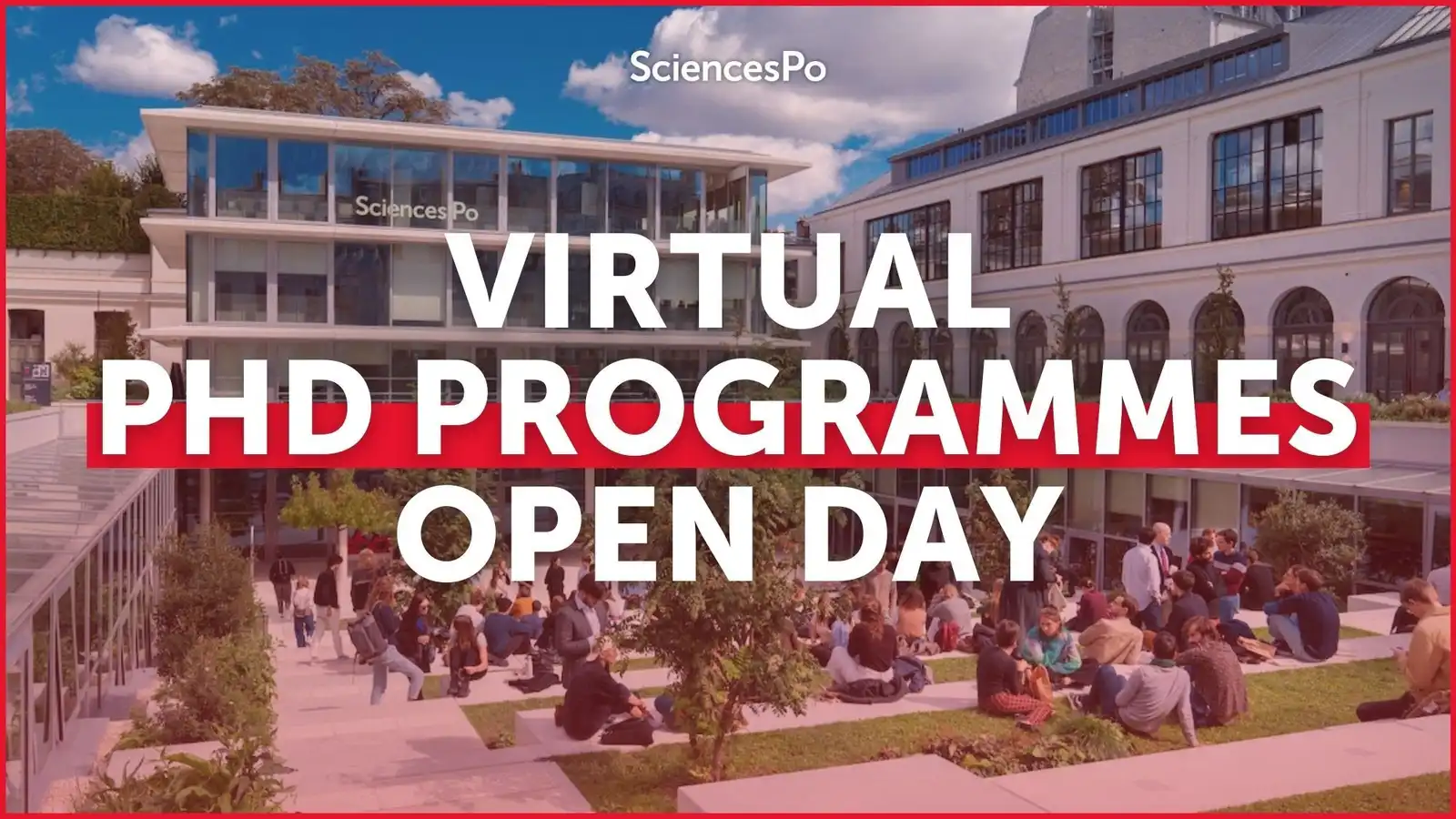
Home>Academics>PhD Programmes>Doctorate in Sociology
Doctorate in Sociology
Three-Year PhD Programme
Programme in French & English
Virtual PhD Programmes Open House Day

Thursday, 29 January 2026: Explore the 5 PhD programmes offered by the School of Research and meet our staff, researchers, and PhD students.
Presentation

The doctoral programme in sociology, with major support from Sciences Po's two leading sociology laboratories - the Centre for the Sociology of Organizations (CSO) and the Centre for Research on social InequalitieS (CRIS) - and two other centres that host sociologists, the Centre for European Studies and Comparative Politics (CEE) and the médialab, is designed to provide:
- the theoretical foundations and latest developments in international sociological analysis;
- opportunities for specialisation in promising fields of sociology: public action, consumption, culture, education, employment, exclusion, markets, risks and health, segregation, stratification, social uses of time, cities, digital worlds, work, etc.;
- high-level methodological training in both quantitative and qualitative methods, based on fieldwork and data, with the support of leading specialists;
- training in international sociology and comparative sociology;
- personalised support within research centres by highly committed and internationally recognised academic staff.
Objectives
The doctoral program in sociology trains excellent sociologists for both academic and university careers, as well as careers as experts in major public and private organizations and NGOs.
Skills targeted
The program provides both theoretical and practical sociological research and analytical skills, as well as high-level expertise in various methodological tools.
Programme structure
The PhD in sociology is open to students from Sciences Po Masters in Sociology as other students with a master's level degree (for more details, see admission conditions).
The three thesis years
During the following three years, doctoral students are supervised and integrated into the laboratories by participating in research activities:
- by attending a doctoral seminar organised within each research centre, which provides an opportunity to present their work on a regular basis;
- by being integrated into a doctoral programme specific to each centre;
- by having the opportunity to take specialised courses during the inter-semester periods;
The years spent working on the thesis are spent in research centres or at international partner universities. These include partnerships with Copenhagen Business School, MPIfG, Oxford, Cambridge and CIVICA partner universities.
Beyond these agreements, there are numerous opportunities to be invited to renowned institutions in other European countries, North America (Harvard, Columbia, etc.), Brazil (IUPERJ: Instituto Universitário de Pesquisas do Rio de Janeiro) and China (Chinese Academy of Social Sciences, Beijing), etc.
Admissions
Tuition fees
Mobility grants are available to doctoral students to enable them to take part in conferences and to carry out fieldwork and study trips abroad.
Teaching staff
All members of the sociology department and its 4 affiliated research centers can supervise or co-supervise a PhD in sociology at Sciences Po. Please note that in France, PhD supervision must include a teacher-researcher holding a "habilitation à diriger les recherches" (HDR). Check the page for each researcher available on the website of the research centers concerned (CEE, CRIS, CSO or médialab) to make sure that the prospective thesis supervisor has an HDR - or one of the two co-supervisors if you are planning to co-supervise.
List of possible supervisors in the Sociology Department
PhD Students
Contacts
- Jérôme Pélisse,
Head of doctoral studies in Sociology,
Full Professor at Sciences Po,
Researcher at the CSO
- Carine Boutillier
Administrative Officer
Ph.: +33 (0)1 45 49 59 82